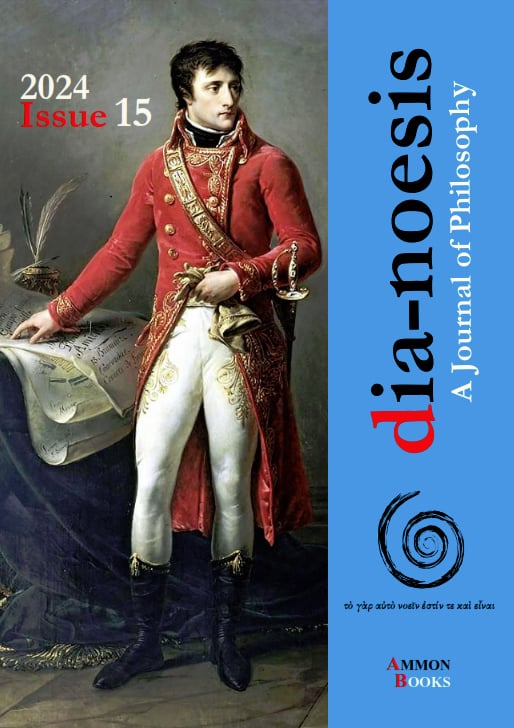Ethics as a Means to Power

Abstract
This essay seeks to reconsider the place of ethics within the framework of political realism through an engagement of the politico-theological ideas of Max Stirner. Instead of considering ethics as part of the contexts of action in which prudent political decision-making takes place, Stirner's critique of traditional religious frameworks as inadequate in addressing existential questions lays the groundwork for his conceptualization of politics as an arena for the pursuit of metaphysical meaning. Subsequently, Stirner contends that the absence of objective ethical foundations compels individuals to imbue political concepts with quasi-religious significance, thereby transforming them into sources of metaphysical security. By extension, even though this essay agrees with the realist premise that political decision is never principally based on ethics, the self-induced illusion of ethical realism creates an ever-emerging political force that decision-makers cannot simply navigate with prudence, but must contend with substantively. Yet this very same force allows political mobilization on the basis of framing any political issue as an ethical issue.
Article Details
- How to Cite
-
Janssen, J. (2024). Ethics as a Means to Power. Dia-Noesis: A Journal of Philosophy, 15, 59–80. https://doi.org/10.12681/dia.38166
- Section
- Articles


